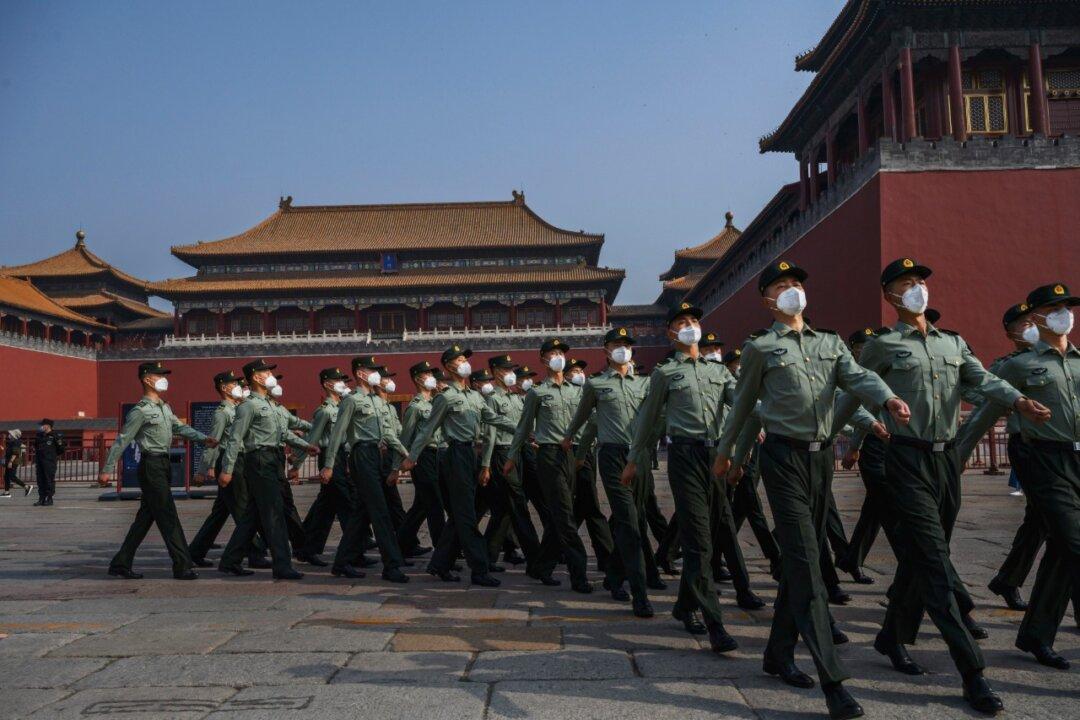The U.S. State Department has discovered a “coordinated” bot campaign on Twitter designed to disseminate Chinese Communist Party (CCP) disinformation, forming part of Beijing’s campaign to deflect blame over its role in causing the global COVID-19 pandemic.
The department’s Global Engagement Center (GEC), which works to expose foreign disinformation efforts, recently identified thousands of “inauthentic” Twitter accounts used to help Chinese embassies and diplomats spread disinformation.





